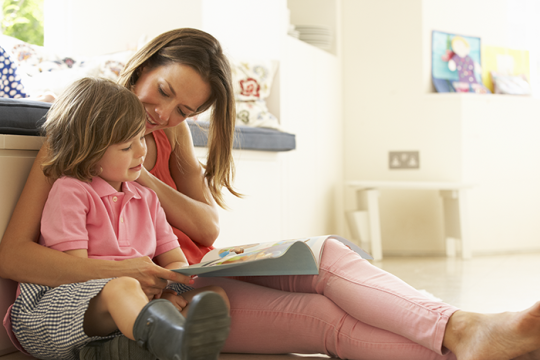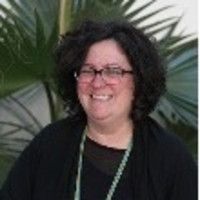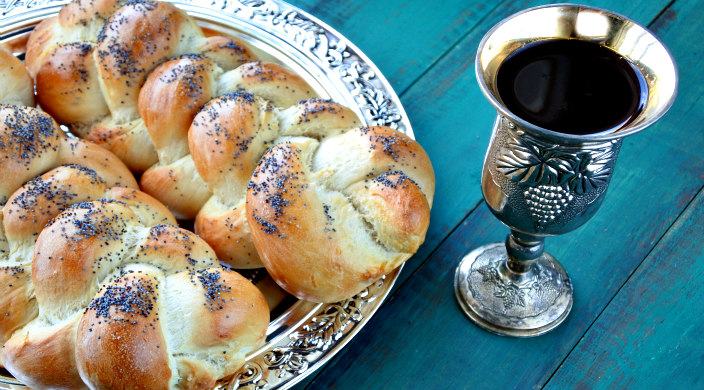
In 1890, Rabbi Wolf Zeev Yavetz from Zichron Yaakov (a town south of Haifa) wanted to celebrate the Mishnaic holiday of Tu BiShvat with his young students. He decided to plant trees with them.
Tu BiShvat was, in Mishnaic times, a calendar landmark set to evaluate the fruit of the trees for tax purposes. Rabbi Yavetz identified the educational and spiritual potential and seized the opportunity for an outdoor educational experience that left a mark both on the landscape and on his students' hearts.
When we began forming Kodesh VeChol, the Reform congregation in Holon (a city of 200,000 residents southeast of Tel Aviv), we aimed to do the same.
Reconnecting with the spirit or Rabbi Yaavetz and his students, we are constantly exploring hands-on liberal Jewish practices and experiences. In a city where the skyscrapers are growing and the sand dunes (the name Holon comes from the Hebrew word for sand, chol) are shrinking, where children are growing into adults and the residents are simply living their everyday lives, it does not always come naturally to stop to ask the big questions and to try, even for a brief moment, to maintain a direct relationship with our being, with each other, and with God.
Today, eight years after the first Yom Kippur we held as a community, Congregation Kodesh Vechol celebrates Shabbat, Jewish festivals, and lifecycle events; nurtures pluralistic Jewish-Israeli identity in Holon; and infuses new meaning and relevance into current Israeli-Jewish culture through education, worship, and social justice.
We started the first and only TALI public school system, city-wide and regional, that seeks to educate our children to feel at home in Jewish and Hebrew culture (both knowledge and experience). The schools forge a community and promote gender equality. Working with the staff, we are gradually integrating diverse and creative learning, along with spiritual practices like Rosh Chodesh celebrations (the start of the Hebrew month) & mindfulness practices.
In the afternoon we have Noar Telem, the youth movement of the Reform communities in Israel. We educate children about a Jewish values-based way of life, Israeli-Hebrew culture, and a commitment to building a just society.
Monday afternoons, volunteers open our community’s second hand store, Boutique Gurion, which promotes sustainable consumption and community sharing. The boutique also serves as a gemach (free-loan fund) and provides quality clothing and houseware for people in need.
We cook for moms after they give birth. We cook for and mourning families. We organize a monthly food drive. We hold community baking events for the major holidays and donate them to the elderly and others in need.
Once a month, we hike on Saturday mornings. We host mindfulness classes. We go camping. We have a community band called HaAvot VeHaImahot – the Patriarchs and the Matriarchs – that plays at our annual Hanukkah party and on other occasions. We started a community business network that helps people find local professionals to turn to.
During the recent local elections, we ran a campaign to increase the number of voters, joined by 222 individuals. Our community held parlor meetings with most of the candidates that ran for mayor.
Building a community is no task for the weak or for those of little faith. It takes mental vigor to ask uncompromising questions while using our commonsense and, above all, forming an alliance with good companions for our journey. We must ask the big question – but without the sounding box of our fellows, we are doomed to a pretty limited range of answers. Community expands the potential to change something deep about ourselves, our lives, and our world.
Did I mention we do not have a home? Offices? A sanctuary? An arc?
We’ve just ended another year of activity without a home of our own, wandering between private and public spaces intended for children and senior citizens. Yet, miraculously, a delicate network of threads is emerging amongst us, linking us heart to heart.
We’ll soon host our annual Tu BiShvat seder in the local central park – right after we finish our hike and sand-surfing games in the sand dunes next door. Last year, we counted more than 180 participants. We hope the weather will be on our side this year and that Rabbi Yavetz's spirit will join us once again.
Related Posts
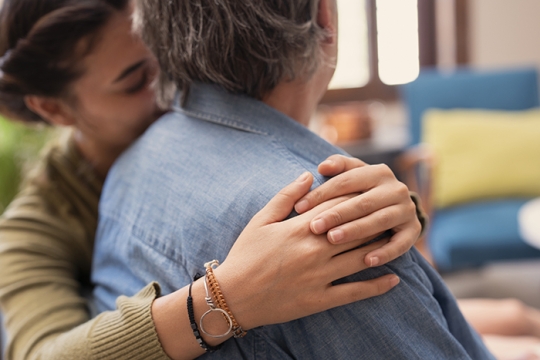
Staying Connected with Our Loved Ones Even When we Disagree
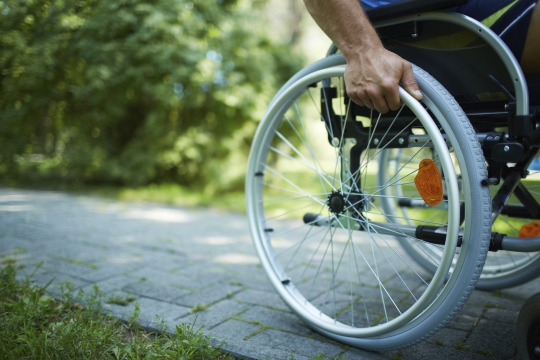
How the Israel-Hamas War Disproportionately Affects Israelis with Disabilities
